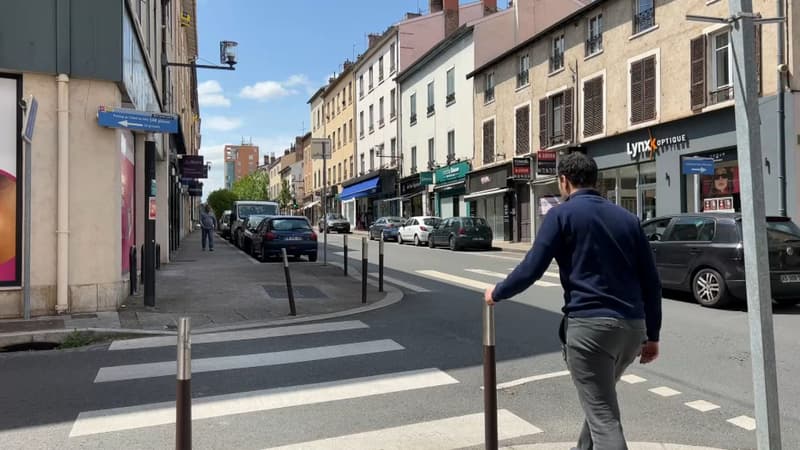The Covid-19 pandemic has not caused a massive urban exodus but rather a slowdown in the dynamism of the hearts of the large metropolises, while their crowns and medium-sized towns progress, according to a study by France Strategy. “The dynamics of the selected indicators show signs of deceleration in the centers of the metropolises when the other territories, particularly the crowns of the metropolises and medium-sized cities, show growth rates above the national average”, the authors point out.
Small towns and rural communities are seeing their situation “improve”, although the rise in property prices is still below the national average. In the absence of recent census data, the study is based on the analysis of school enrollment from preschool to high school, as well as on the evolution of real estate prices.
A “clear turnaround” for employment in smaller cities
If the hypothesis of a massive flow of movements from the metropolises to the countryside is invalidated, “we observe many significant movements from certain poles of the metropolises towards cities that are close or more distant”, the authors point out. This movement “seems to correspond to an accentuation of older processes of metropolitan ‘loosening’ and rural renewal,” they add.
The analysis of the indicators highlights two groups of territories: on the one hand, the crowns of medium-sized cities and metropolises (excluding Paris) that show “all positive values”, and on the other hand, the centers of all metropolises that show “all positive values”. negatives.
On the employment side, we are witnessing a “clear turnaround” in smaller cities, which were destroying jobs before the Covid crisis. Geographically, a map reveals that there are no “apparent regional effects” of territorial attractiveness, with positive or negative developments spread equally across France.
Source: BFM TV


